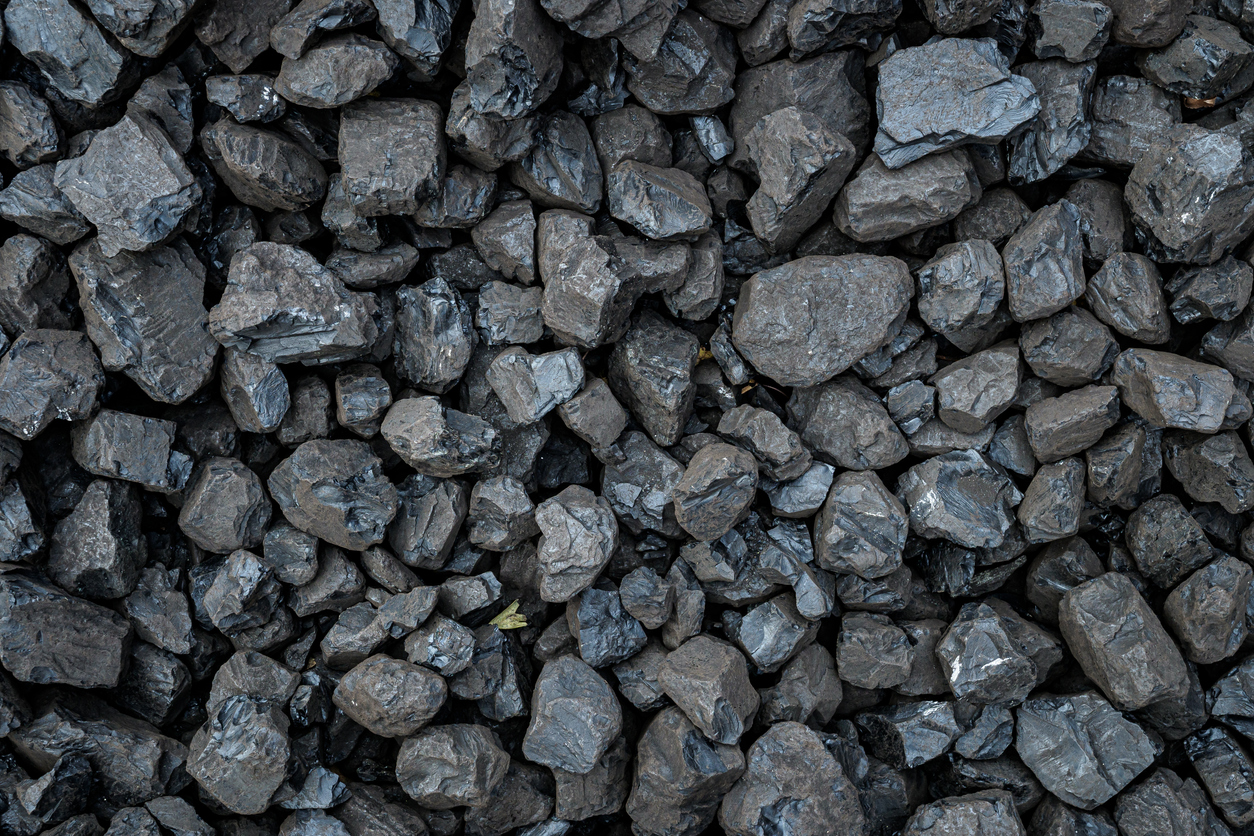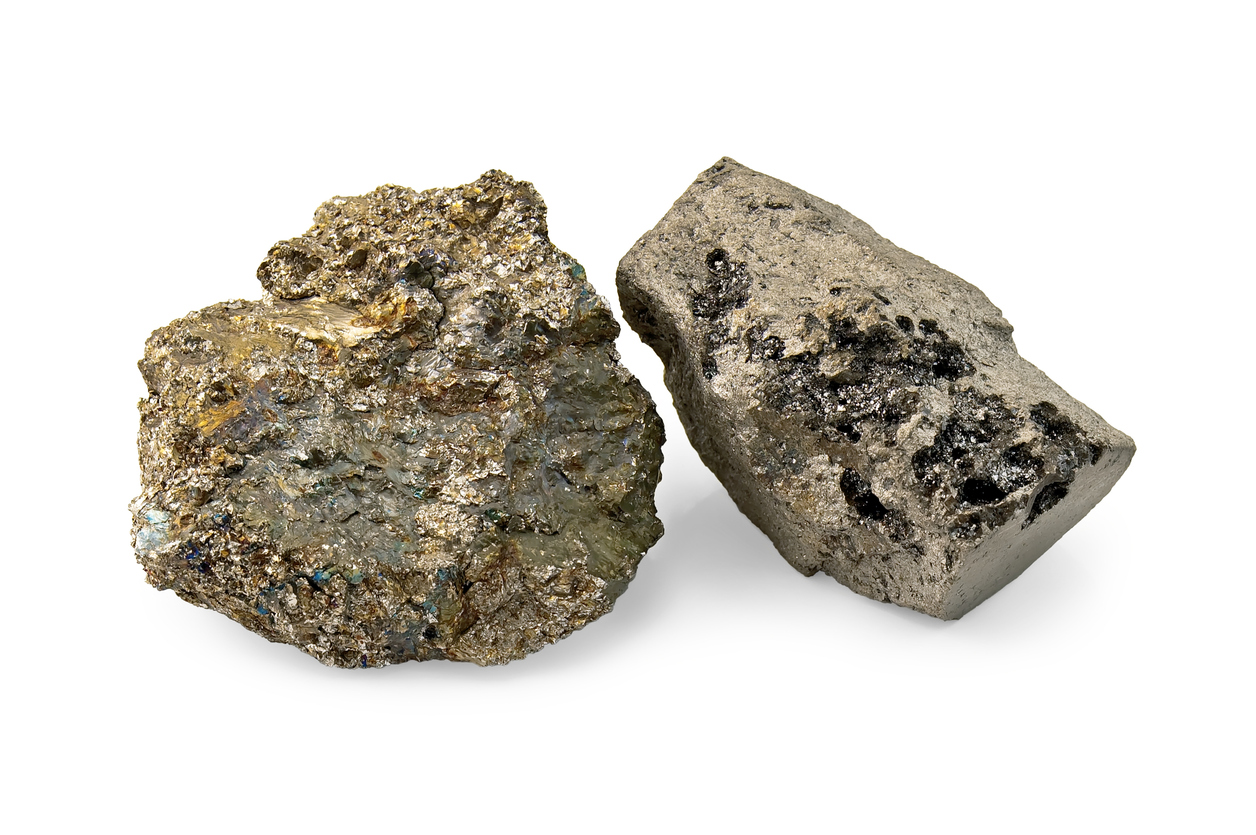Balancing Profitability and Sustainability: How to Start a Responsible Coal Mining Business
Balancing Profitability and Sustainability: How to Start a Responsible Coal Mining Business
Welcome to our blog! Today, we are diving deep into the world of coal mining and exploring a topic that often sparks debate – balancing profitability and sustainability. With growing concerns about climate change and environmental impact, it is crucial now more than ever for businesses in the coal mining industry to find ways to operate responsibly. In this post, we will guide you through the steps on how to start a responsible coal mining business, where profitability meets sustainability head-on. So let’s embark on this transformative journey together, as we uncover innovative strategies that can redefine what it means to be profitable while preserving our planet for future generations.
Introduction to Coal Mining: What is it and Why is it Important?
Introduction to Coal Mining: What is it and Why is it Important?
Coal mining, also known as coal extraction or coal production, is the process of extracting coal from the earth’s surface or underground. Coal has been a vital source of energy for centuries and continues to play a significant role in powering our world today. It is an essential natural resource that provides us with electricity, heat, and fuel for various industries.
Coal mining involves drilling, blasting, and removing layers of soil and rock to access the coal deposits buried deep within the earth. Once extracted, the coal is then processed and transported to power plants, where it is burned to produce steam that drives turbines to generate electricity.
Why is Coal Mining Important?
Coal mining has been an integral part of our global economy for many years. Here are some reasons why it remains important:
1. Reliable Source of Energy: Coal remains one of the most reliable sources of energy globally. It accounts for approximately 38% of electricity generation worldwide and plays a crucial role in meeting our daily energy needs.
2. Job Creation: The coal industry provides employment opportunities for millions of people worldwide – from miners to engineers, truck drivers, geologists, and more. This makes it a significant contributor to local economies.
3. Economic Growth: As a critical component in many industries such as steel production, cement manufacturing, and power generation – coal contributes significantly to economic growth worldwide.
The Growing Concern for Environmental Sustainability in the Mining Industry
The mining industry has long been associated with environmental degradation and negative impacts on local communities. However, in recent years, there has been a growing concern for environmental sustainability within the industry. This shift in focus is driven by increasing awareness of the finite nature of natural resources and the urgent need to reduce carbon emissions.
One major area of concern in the mining industry is coal mining. Coal is a non-renewable energy source that releases harmful greenhouse gases when burned, contributing significantly to climate change. As such, responsible coal mining practices have become crucial in order to achieve a balance between profitability and sustainability.
In response to this growing concern, many governments and international organizations have implemented regulations and guidelines aimed at promoting sustainable practices in the mining industry. For instance, the United Nations Sustainable Development Goals (SDGs) include specific targets related to responsible resource use and environmental protection.
To adhere to these regulations and meet sustainability goals, coal mining companies must adopt environmentally-friendly practices throughout all stages of their operations – from exploration and extraction to transportation and rehabilitation.
Exploration activities can have significant impacts on the environment if not conducted responsibly. Companies must prioritize minimizing disturbance to ecosystems through techniques such as remote sensing technologies rather than physical exploratory methods such as drilling. It is also essential for companies to conduct thorough environmental impact assessments before undertaking any exploration activities.
Understanding the Environmental Impacts of Coal Mining
Coal mining has been a major contributor to global energy production for centuries, and it remains a vital industry for many countries around the world. However, despite its importance, there is growing concern over the environmental impacts of coal mining. In this section, we will explore the various ways in which coal mining can affect the environment and how responsible practices can help mitigate these impacts.
1. Air Pollution
One of the most significant environmental impacts of coal mining is air pollution. Coal contains high levels of sulfur and nitrogen compounds, which are released into the atmosphere during the extraction and burning process. These pollutants contribute to acid rain, smog, and particulate matter that can harm human health and damage ecosystems. Additionally, underground coal fires caused by mining activities can release toxic gases such as carbon monoxide and methane into the air.
2. Water Contamination
Coal mining also has a significant impact on water resources. The process of extracting coal involves blasting through layers of rock, which can release harmful chemicals into nearby water sources. This contamination not only affects aquatic life but also poses a threat to human health if these contaminated waters are used for drinking or irrigation.
3. Soil Degradation
The physical disturbance caused by coal mining activities can lead to soil degradation and erosion. The removal of topsoil during surface mining disrupts natural drainage patterns and nutrient cycles essential for plant growth. Moreover, abandoned mines often leave behind large areas of barren land that cannot support vegetation or wildlife.
Balancing Profitability and Sustainability: Challenges and Solutions
Introduction:
In recent years, there has been a growing demand for businesses to not only focus on profitability but also consider sustainability and its impact on the environment. This is especially true in industries such as coal mining, which has historically been criticized for its negative environmental impacts.
Balancing profitability and sustainability can be a challenging task for coal mining businesses. On one hand, they need to generate profits to sustain their operations and remain competitive in the market. On the other hand, they have a responsibility towards the environment and society to ensure sustainable practices are implemented.
Challenges:
1. Environmental Regulations: One of the biggest challenges faced by coal mining companies is complying with strict environmental regulations. These regulations require businesses to limit their carbon emissions, reduce waste production, and implement other measures that can increase operational costs.
2. Capital Investment: Sustainable practices often require significant capital investment which can be challenging for coal mining businesses operating on tight profit margins.
3. Reputation Management: The negative perception of coal mining in society creates an added challenge for businesses as they try to maintain a positive reputation while still being profitable.
4. Supply Chain Management: Coal mining companies rely heavily on their supply chain to source equipment and materials needed for operations. Ensuring that their suppliers also follow sustainable practices can be a challenge.
Incorporating Sustainable Practices into Coal Mining Business Models
Coal mining has been a crucial industry for centuries, providing energy to power homes and fuel economic development. However, the negative impacts of coal mining on the environment and surrounding communities cannot be ignored. In recent years, there has been a growing push towards incorporating sustainable practices into coal mining business models in order to balance profitability with responsibility.
Sustainable practices in coal mining involve minimizing environmental damage and promoting social responsibility while maintaining economic growth. This can be achieved through various strategies such as reducing carbon emissions, conserving natural resources, promoting reforestation efforts, and investing in the well-being of local communities.
One way to incorporate sustainable practices into coal mining is by implementing more efficient technologies and processes. Traditional methods of extracting coal often involve significant waste production and high levels of pollution. By investing in clean coal technologies such as carbon capture and storage (CCS) or utilizing renewable energy sources like wind or solar power for operations, companies can significantly reduce their environmental impact.
Another important aspect of sustainable coal mining is proper land reclamation. After a mine is closed, it is essential to rehabilitate the land to its pre-mining state or repurpose it for other productive uses such as agriculture or wildlife conservation. This not only helps restore the ecosystem but also benefits local communities by creating new job opportunities.
Case Studies of Successful Responsible Coal Mining Companies
Case Studies of Successful Responsible Coal Mining Companies
In recent years, there has been a growing trend towards responsible and sustainable practices in the mining industry. This shift has been driven by increasing awareness of the environmental and social impacts of coal mining, as well as pressure from stakeholders such as investors, customers, and communities.
As a result, many coal mining companies have adopted responsible practices to balance profitability with sustainability. In this section, we will take a closer look at some successful case studies of responsible coal mining companies that can serve as examples for others looking to do the same.
1. Anglo American
Anglo American is one of the world’s largest diversified mining companies, with operations spanning across several commodities including coal. The company is committed to reducing its environmental impact and promoting sustainable development in all aspects of its business.
To achieve this goal in its coal operations, Anglo American has implemented various initiatives such as water conservation measures, reforestation projects, and biodiversity management plans. The company also works closely with local communities to ensure their needs are taken into account during the planning and operation phases of their mines.
One notable success story from Anglo American’s responsible coal mining efforts is their Grosvenor Mine in Queensland, Australia. The mine uses cutting-edge technology such as automated machinery and ventilation systems to minimize its carbon footprint while maintaining high safety standards. Additionally, it has implemented strict water management strategies to reduce its impact on local water resources.
Steps to Start a Responsible Coal Mining Business
Starting a responsible coal mining business can be a complex and challenging task, given the current environmental concerns surrounding the industry. However, with careful planning and implementation of sustainable practices, it is possible to create a profitable and responsible coal mining business. Below are some essential steps that you should consider when starting your venture.
1. Research and Understand the Market: The first step towards starting any business is to research and gain a thorough understanding of the market. In this case, you must study the demand for coal in your target market, as well as the competition. It would help if you also considered factors such as government regulations, social responsibility expectations from stakeholders, and technological advancements in the industry.
2. Develop a Comprehensive Business Plan: A well-thought-out business plan is crucial for any successful business venture. It will serve as your roadmap to guide your actions and strategies towards achieving profitability while maintaining sustainability. Your plan should include details on your target market, operational costs, sustainability measures, marketing strategies, financial projections, and risk management strategies.
3. Obtain Necessary Permits and Licenses: Before commencing any mining operations, it is essential to obtain all required permits and licenses from relevant authorities. These may include environmental permits or approvals from local governments or regulatory bodies responsible for overseeing mining activities in your area.
Conclusion: The Importance of Responsible Coal Mining for the Future
Conclusion: The Importance of Responsible Coal Mining for the Future
In this article, we have discussed the challenges faced by the coal mining industry in balancing profitability and sustainability. It is clear that responsible coal mining practices are crucial for the future of not only the industry but also for our planet.
The importance of responsible coal mining cannot be overstated. As a non-renewable resource, coal must be extracted and utilized responsibly to ensure its long-term availability. Irresponsible or unsustainable mining practices can lead to irreversible damage to the environment, endangerment of local communities, and negative impacts on human health.
One of the key reasons why responsible coal mining is essential is its contribution to climate change. Coal combustion is one of the major contributors to greenhouse gas emissions, which are responsible for global warming. Therefore, it is imperative that we mine and utilize coal in an environmentally sustainable manner to reduce its impact on climate change.
Responsible coal mining also involves ensuring safe working conditions for miners. Coal mines can be dangerous places to work due to hazards such as explosions, collapses, and exposure to harmful chemicals. By implementing strict safety regulations and providing proper training and equipment, responsible mining companies can protect their workers’ health and well-being.
Another important aspect of responsible coal mining is minimizing its impact on local communities. Many communities depend on coal mines for employment opportunities; therefore, when a mine operates irresponsibly or unsustainably, it not only affects the environment but also negatively impacts these communities’ livelihoods.








Comments are closed.